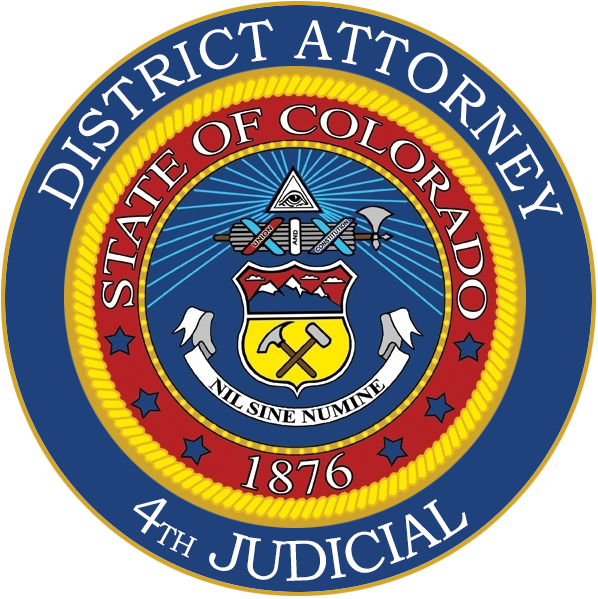Ethical Conduct
-
Rule 3.6 Trial Publicity
(a) A lawyer who is participating or has participated in the investigation or litigation of a matter shall not make an extrajudicial statement that the lawyer knows or reasonably should know will be disseminated by means of public communication and will have a substantial likelihood of materially prejudicing an adjudicative proceeding in the matter.
(b) Notwithstanding paragraph (a), a lawyer may state:
- (1) the claim, offense or defense involved and, except when prohibited by law, the identity of the persons involved;
- (2) information contained in a public record;
- (3) that an investigation of a matter is in progress;
- (4) the scheduling or result of any step in litigation;
- (5) a request for assistance in obtaining evidence and information necessary thereto;
- (6) a warning of danger concerning the behavior of a person involved, when there is reason to believe that there exists the likelihood of substantial harm to an individual or to the public interest; and
- (7) in a criminal case, in addition to subparagraphs (1) through (6):
- (i) the identity, residence, occupation and family status of the accused;
- (ii) if the accused has not been apprehended, information necessary to aid in apprehension of that person;
- (iii) the fact, time and place of arrest; and
- (iv) the identity of investigating and arresting officers or agencies and the length of the investigation.
(c) Notwithstanding paragraph (a), a lawyer may make a statement that a reasonable lawyer would believe is required to protect a client from the substantial undue prejudicial effect of recent publicity not initiated by the lawyer or the lawyer's client. A statement made pursuant to this paragraph shall be limited to such information as is necessary to mitigate the recent adverse publicity.
(d) No lawyer associated in a firm or government agency with a lawyer subject to paragraph (a) shall make a statement prohibited by paragraph (a).
Rule 3.8 Special Responsibilities Of A Prosecutor
The prosecutor in a criminal case shall:
(a) refrain from prosecuting a charge that the prosecutor knows is not supported by probable cause;
(b) make reasonable efforts to assure that the accused has been advised of the right to, and the procedure for obtaining, counsel and has been given reasonable opportunity to obtain counsel;
(c) not seek to obtain from an unrepresented accused a waiver of important pretrial rights, such as the right to a preliminary hearing;
(d) make timely disclosure to the defense of all evidence or information known to the prosecutor that tends to negate the guilt of the accused or mitigates the offense, and, in connection with sentencing, disclose to the defense and to the tribunal all unprivileged mitigating information known to the prosecutor, except when the prosecutor is relieved of this responsibility by a protective order of the tribunal;
(e) not subpoena a lawyer in a grand jury or other criminal proceeding to present evidence about a past or present client unless the prosecutor reasonably believes:
- (1) the information sought is not protected from disclosure by any applicable privilege;
- (2) the evidence sought is essential to the successful completion of an ongoing investigation or prosecution; and
- (3) there is no other feasible alternative to obtain the information;
(f) except for statements that are necessary to inform the public of the nature and extent of the prosecutor's action and that serve a legitimate law enforcement purpose, refrain from making extrajudicial comments that have a substantial likelihood of heightening public condemnation of the accused and exercise reasonable care to prevent investigators, law enforcement personnel, employees or other persons assisting or associated with the prosecutor in a criminal case from making an extrajudicial statement that the prosecutor would be prohibited from making under Rule 3.6 or this Rule.
(g) When a prosecutor knows of new, credible and material evidence creating a reasonable likelihood that a convicted defendant did not commit an offense of which the defendant was convicted, the prosecutor shall:
- (1) promptly disclose that evidence to an appropriate court or authority, and
- (2) if the conviction was obtained in the prosecutor’s jurisdiction,
- (i) promptly disclose that evidence to the defendant unless a court authorizes delay, and
- (ii) undertake further investigation, or make reasonable efforts to cause an investigation, to determine whether the defendant was convicted of an offense that the defendant did not commit.
(h) When a prosecutor knows of clear and convincing evidence establishing that a defendant in the prosecutor’s jurisdiction was convicted of an offense that the defendant did not commit, the prosecutor shall seek to remedy the conviction.
